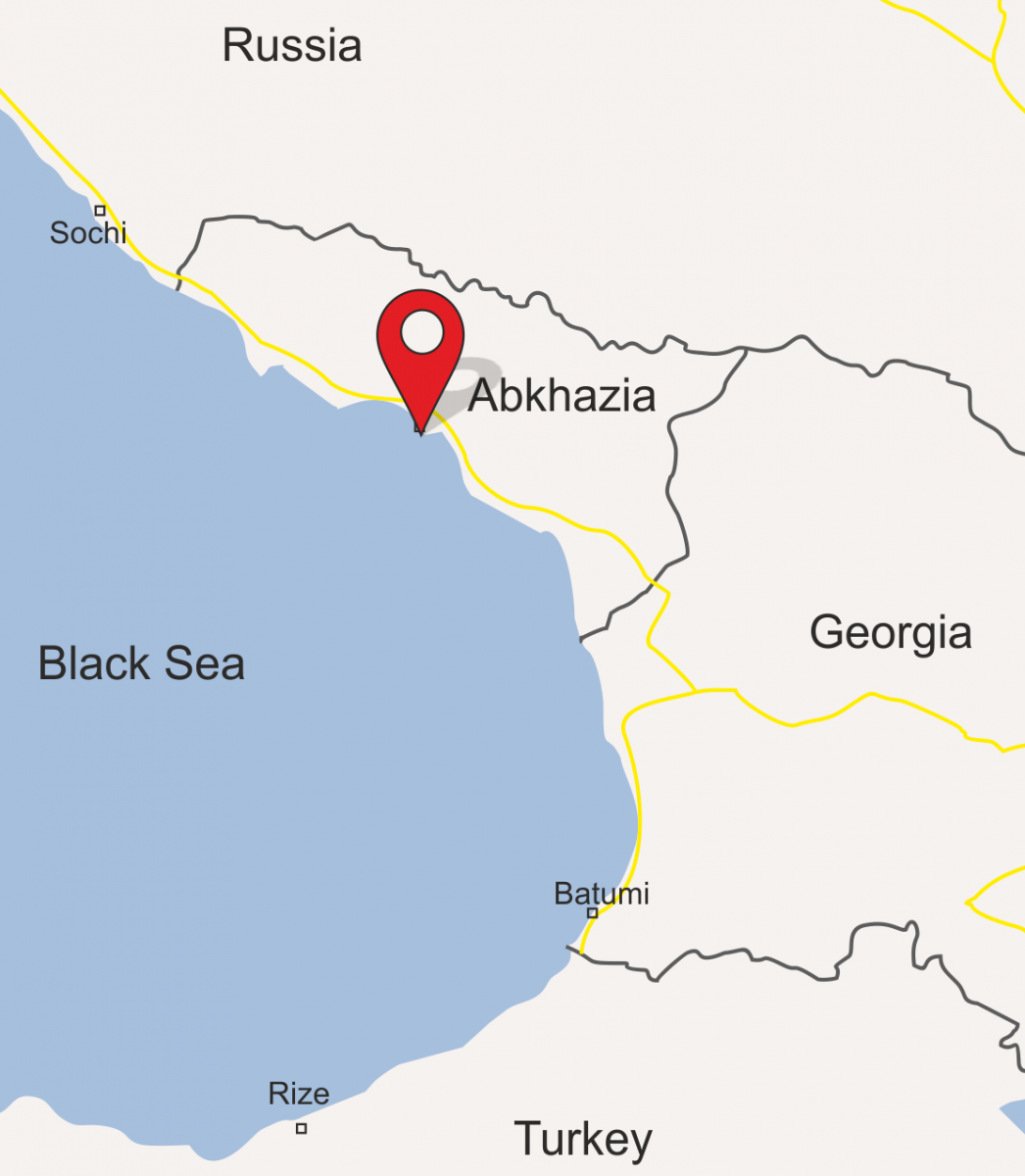News
The global onshore wind sector entered 2026 with overall stability in capacity growth, but beneath the surface, the industry is undergoing a profound shift in priorities. As markets mature and renewable energy penetration rises, the focus is moving from sheer scale and turbine costs to system-level value, integration, and revenue resilience. Original equipment manufacturers, developers, and policymakers alike are adapting to evolving economics, advanced technologies, and geopolitical pressures, setting the stage for a year in which strategic decisions…
Recently, U.S. President Donald Trump claimed that the UK has 500 years of oil reserves left in the North Sea, and blamed the country’s high energy prices on the government’s unwillingness to drill. However, the unfortunate fact is that the North Sea oil and gas sector has been in a significant and prolonged decline due to the basin's aging oil fields, with production falling sharply since its peak in the early 2000s. According to the North Sea Transition Authority (NSTA), the UK's energy regulator, the North Sea had ~2.9 billion barrels…
Despite President Trump’s big promises of driving down consumer energy bills, the cost of energy actually rose for consumers in 2025. Throughout his electoral campaign and during his first year in office, Trump pledged to slash Americans’ energy bills. However, his new approach to energy seems to have done the opposite, with higher prices expected for 2026 and beyond. Upon entering office for his second term, President Trump announced a state of energy emergency, quickly passing executive orders to curb the rollout of former-President…
Between 2000 and 2020, the European Union watched its share of global industrial output slide from 20.8% to 14.3%. This 6.5% gap represents the sound of capital fleeing the high energy costs of the Rhine for the subsidized certainty of the Yangtze and the American South. Now, the European Commission is attempting to legislate a reversal of this decline. The upcoming Industrial Accelerator Act (IAA), now delayed until February 25, is a document of profound anxiety. It’s a pivot toward protectionism that would have been unthinkable in Brussels…

